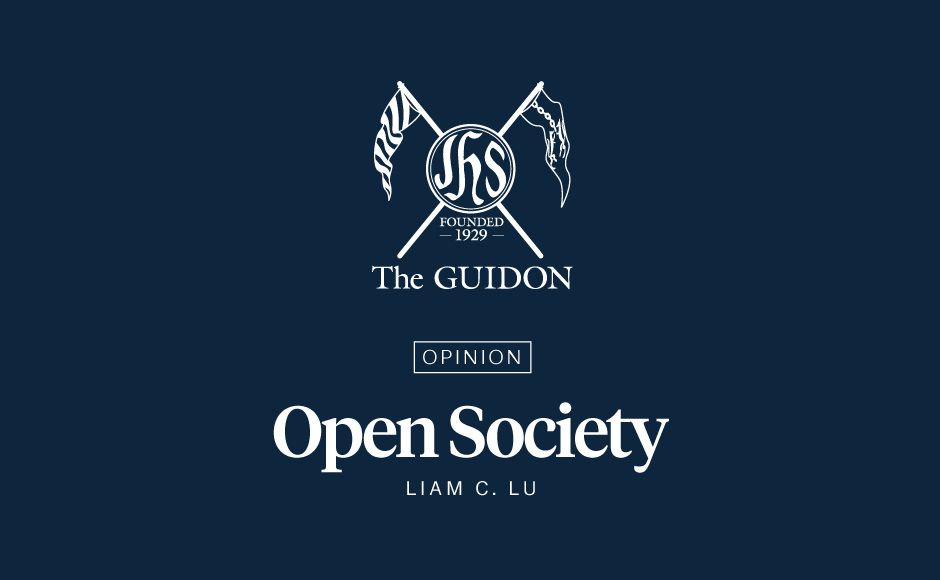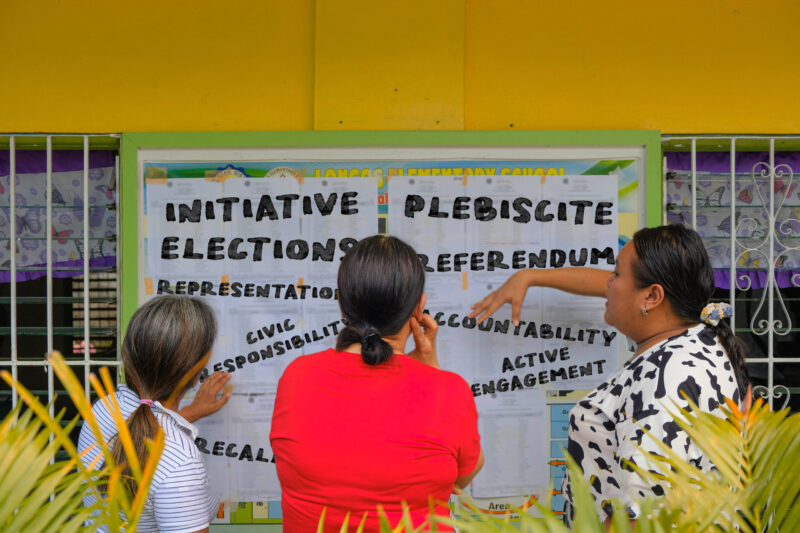MUCH INK has been spilt over the recent proposal to increase the excise tax on fuel— transport groups, senators, and netizens alike are up in arms over the bill, calling it an “anti-poor” measure that will make costs of living more expensive for ordinary Filipinos.
While these groups express genuine concerns that need to be addressed, they are missing the point of the tax increase.
The fuel excise is just one of a whole slew of tax reforms meant to spur the economy, including a decrease in personal income taxes. Raising taxes on fuel is meant to serve as a counterweight to the losses from lowered income taxes, which are some of the highest in the region.
Our situation is not like other successful countries in the region— advanced Asian economies were able to finance their development mainly through indirect taxes, of which fuel excise is an example. Conversely, these economies have a simpler personal income tax system than the Philippines.
The reason for this is simple. Consumption taxes do not have as adverse an effect on savings as income taxes. The Philippines has one of the worst savings rates in Southeast Asia, hovering at around 13.9% in 2015. Compare this with 32.7% in Malaysia, 28.5% in Vietnam, and 35.4% in Thailand.
Low savings corresponds to low investment, depriving the country of much needed capital in order to grow and develop.
The Department of Finance (DOF) simply wants to replicate the success of developed countries through the imposition of fuel taxes, as well as an expansion of the Value Added Tax (VAT) base and an excise tax for sweets.
In any event, the fuel tax comes at a time where oil has been at its cheapest in a very long time. The price is stable enough that a tax imposition would not disproportionately put the economy in disarray.
The DOF estimates that the government is losing Php 145 billion in revenues from non-adjustment of oil taxes. According to Finance Undersecretary Karl Kendrick Chua, gasoline excise taxes have not been adjusted in over 12 years while diesel has remained tax-free.
Even more shockingly, the proposal is sure to affect the rich even more than the poor, with rich families making up 50% of national fuel consumption. For a tax that transfers wealth from the rich into projects aimed at improving lives of the poor, it does not seem like the “anti-poor” plan that lawmakers like to repeat ad nauseam.
The possible effects of such a proposal are staggering. However, we have to take into account the fact that this proposal is regressive in nature, and will affect low-income families even more than higher-income ones.
Noting this, Chua said that the government is ready to help transport groups weather the tax increase by including in the tax reform package a cash transfer program that will comprise cash transfers, a reintroduced Pantawid Pasada that will give fuel price discounts to public utility vehicles, and a jeepney modernization program to improve fuel efficiencies of jeepneys for the poorest 50% of families.
Simply put, if we want to encourage inclusive growth, then we must do away with our outdated tax system and usher in new reforms for the future.
Change is definitely coming, and it’s for the better.







